Immigrant Children Still at Troubled Texas Facility Despite Judge’s Order
Immigrant children still are being held at the Shiloh Treatment Center nearly a month after a federal judge ruled they should be moved to other housing.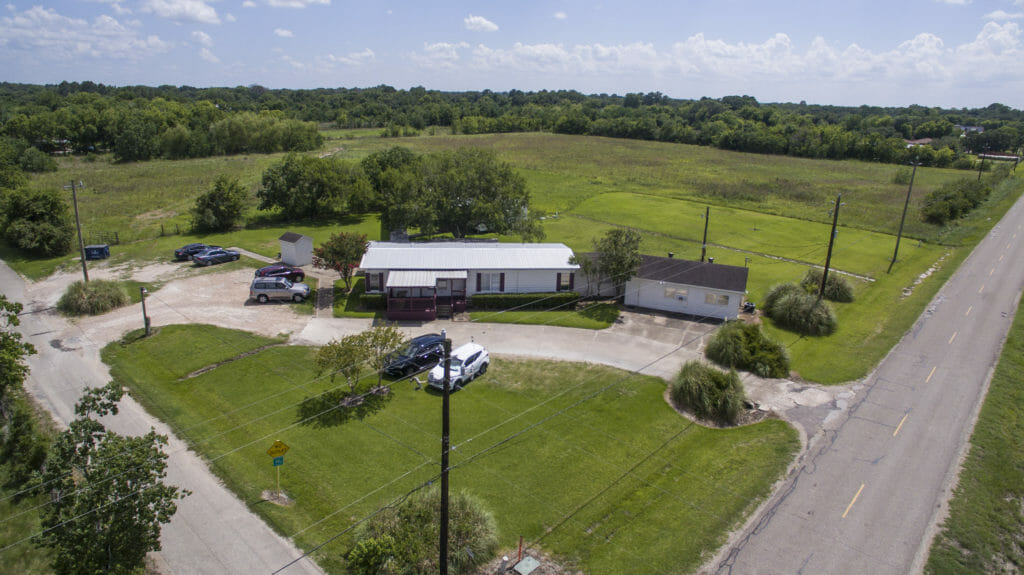 A doctor evaluated the 25 immigrant children at Shiloh Treatment Center in Texas on behalf of lawyers representing them in federal court. (Reveal)
A doctor evaluated the 25 immigrant children at Shiloh Treatment Center in Texas on behalf of lawyers representing them in federal court. (Reveal)
Immigrant children still are being held at a troubled Texas facility nearly a month after a federal judge ruled they should be moved to other housing, court documents show.
U.S. District Judge Dolly Gee also previously ordered that children at the facility could no longer be injected with psychiatric drugs without proper consent. But while lawyers for the children and a doctor visited Shiloh Treatment Center last week, program director Douglas Plaeger told them that children still are being medicated “without parental consent or court authorization,” court records filed last week state.
Dr. Amy Cohen visited Shiloh late last week to evaluate the 25 children on behalf of lawyers representing them in federal court. She also evaluated a boy named Lucas, who is a plaintiff in a separate case seeking the release of children in the government’s custody to family or friends willing to care for them. The facility – which has a troubled past, including deaths of children from restraints – is a collection of trailers on rural land south of Houston.
Cohen concluded that their treatment “continues to fall far short of both accepted mental health care standards and the ‘risk of harm’ and informed consent standards set out in the Court’s order of July 30.”
Reveal reported this summer on federal court filings claiming that immigrant children at Shiloh were being held down and injected with psychiatric drugs that triggered serious side effects, including dizziness and weight gain. The court filings are part of the Flores case, a long-running class-action lawsuit challenging the treatment of children in the immigration system.
On July 30, Gee ordered that the government and its contractor should not medicate children at Shiloh without a parent’s consent or court order and that children there should be moved to less restrictive housing if they didn’t pose a danger to themselves or others.
Plaeger, Shiloh’s program director, also told the lawyers that “someone from the Public Health Service” spent two days during the week of Aug. 13 reviewing case files for the children, but had spoken only to about three of them.
The children told Cohen that no one had evaluated them to determine whether they were a risk to themselves or others and that Shiloh continued to medicate them without proper consent.
The new details about conditions at Shiloh were included in a filing asking a judge to reconsider moving a hearing date in Lucas’ case.
“I believe that ongoing residence at Shiloh and separation from the family could well push Lucas, like any such youth, to an experience of isolation and hopelessness wholly inimical to his long-term well-being,” Cohen concluded.
Your support matters…Independent journalism is under threat and overshadowed by heavily funded mainstream media.
You can help level the playing field. Become a member.
Your tax-deductible contribution keeps us digging beneath the headlines to give you thought-provoking, investigative reporting and analysis that unearths what's really happening- without compromise.
Give today to support our courageous, independent journalists.

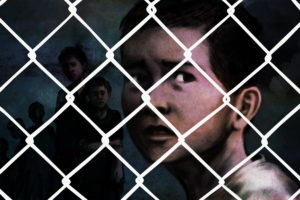
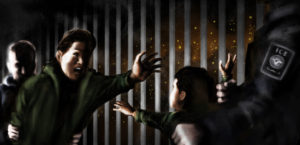
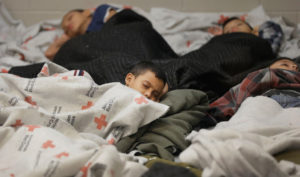
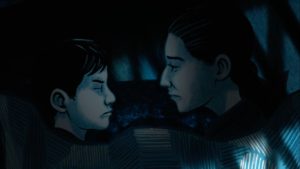
You need to be a supporter to comment.
There are currently no responses to this article.
Be the first to respond.